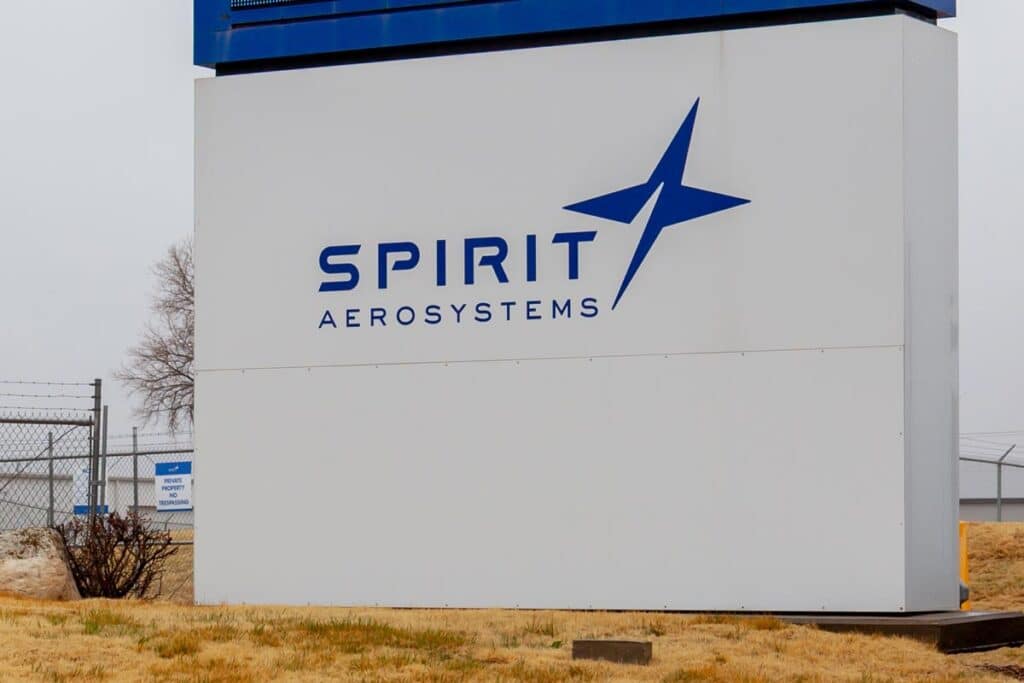
Update:
- A U.S. appeals court ruled that a lower court was right to dismiss an age discrimination class action lawsuit that alleged Spirit AeroSystems fired older employees to save money on health care expenses.
- On Jan. 7, the Court of Appeals for the 10th Circuit published a decision agreeing with the U.S. District Court for the District of Kansas’ decision to grant Spirit’s motion for partial summary judgment on claims involving an ageist pattern or practice.
- Two dozen named plaintiffs, all former Wichita-based employees of Spirit, alleged the company systematically fired them and dozens of other employees who reportedly suffered costly or potentially costly medical conditions while covered by Spirit AeroSystems’ employee health insurance.
- The appeals court said that, while the former employees presented an array of evidence that might reasonably support an inference that Spirit was concerned about its aging workforce, a factfinder “couldn’t reasonably infer that Spirit had an ageist pattern or practice in firing older workers or in refusing to rehire them.”
(July 12, 2016)
An age discrimination class action lawsuit takes Spirit AeroSystems to task for allegedly firing older employees to save money on healthcare expenses.
Two dozen named plaintiffs, all former Wichita-based employees of Spirit Aerosystems Inc., are at the helm of this class action lawsuit brought under the Age Discrimination in Employment Act, or ADEA.
They allege Spirit AeroSystems systematically fired them and dozens of other employees who had suffered costly or potentially costly medical conditions while covered by Spirit AeroSystems’ employee health insurance.
They claim Spirit AeroSystems executed these layoffs as a cost-saving measure around the time the company became self-insured in July 2013.
The plaintiffs allege that at least as far back as the fall of 2012, Spirit AeroSystems began tracking the age demographics and health care costs associated with its employees that had been covered under the company’s health care plan.
Spirit AeroSystems’ management allegedly identified certain medical conditions as particular “cost drivers” and certain employees as “high-cost claimants.”
The plaintiffs say the identified conditions were ones that disproportionately affect persons age 40 or older – conditions like “diabetes, back ailments, heart disease, hypertension and cancers.”
In early 2013, the plaintiffs say, Spirit AeroSystems began several waves of terminations, some in the form of forced resignations and forced retirements at its Wichita plant. The plaintiffs claim these terminations disproportionately affected older employees with more costly medical conditions.
The named plaintiffs in this Spirit AeroSystems class action lawsuit say they were terminated in a single reduction in force on July 25, 2013, along with over 300 other workers.
Since then, they allege, Spirit AeroSystems has continued to discriminate against them by failing to consider them for rehire as hundreds of new positions opened up at the company.
They also claim that in the run-up to the reduction in force, Spirit AeroSystems’ human resources department falsely downgraded employees’ performance evaluations in an effort to build a fraudulent pretext for ultimately firing them.
The Spirit AeroSystems class action lawsuit argues these terminations constitute age discrimination under the ADEA. Ninteen of the named plaintiffs also say that upon termination they were compelled to sign a waiver of legal claims against Spirit AeroSystems, and that those waivers are invalid under the ADEA.
The company’s alleged failure to consider the fired employees for rehire also violates the ADEA, they argue.
Five of the named plaintiffs who did not sign the waivers are also bringing claims under the Americans with Disabilities Act. Three of those five raise claims under the Family and Medical Leave Act.
The plaintiffs seek to represent a Class of about 160 similarly situated former employees age 40 and older who were union-represented and who were terminated in July 2013. Procedural requirements of the ADEA claim would require qualifying Class Members to affirmatively opt into the proposed Class.
The plaintiffs are seeking awards of compensatory, liquidated, consequential and punitive damages. They also seek back pay, front pay in lieu of reinstatement, and a declaration of their right to apply for future employment with Spirit AeroSystems and receive fair consideration.
The plaintiffs are represented by Randall K. Rathbun of Depew Gillen Rathbun & McInteer LC.
The Spirit AeroSystems Employment Discrimination Class Action Lawsuit is Donetta Raymond, et al. v. Spirit AeroSystems Holdings Inc., et al., Case No. 6:16-cv-01282, in the U.S. District Court for the District of Kansas.
Don’t Miss Out!
Check out our list of Class Action Lawsuits and Class Action Settlements you may qualify to join!
Read About More Class Action Lawsuits & Class Action Settlements:














